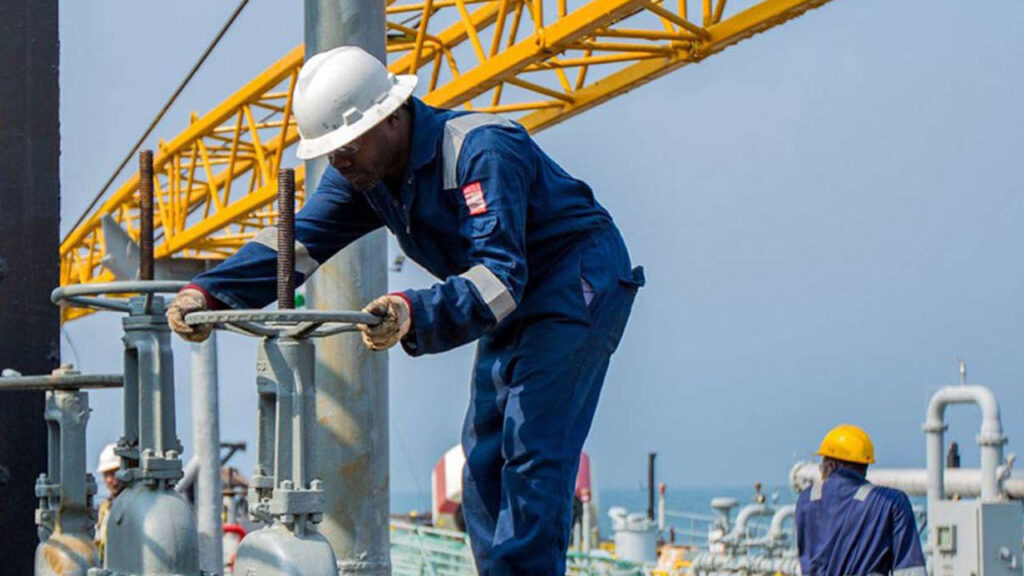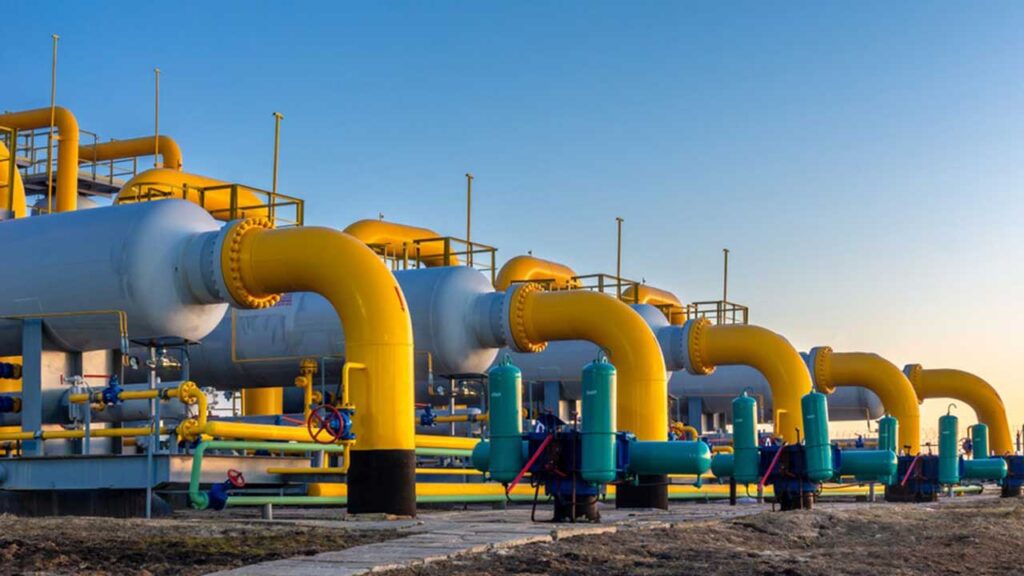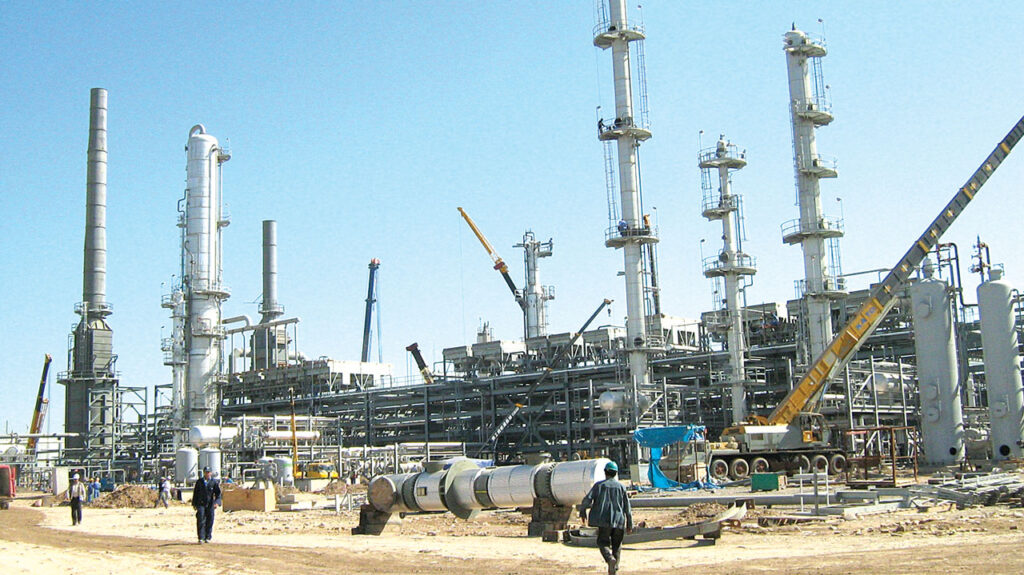
Nigeria is asking the global community to allow the continent to prioritise responsible crude oil exploration even as the upstream exploration and production activities are projected to remain challenging in 2024.
Across the world, exploration and production are at record low despite the bumped harvest being made by oil companies even as some stakeholders have insisted that decreasing investment in crude oil exploration could create demand uncertainty and expose the world to crisis in the face of the challenges in accelerating cleaner energy.
With Nigeria’s crude oil reserves stagnating at about 37 billion barrels for the last years and daily declining from an oil time high of 2.2 million barrels per day about a decade ago to 1.3 million barrels, coupled with climate issues, Nigeria has, in recent years, seen $21 billion worth of assets divested even as the country’s total yearly upstream capital expenditure nosedived from $27 billion in 2014 to less than $6 billion in 2022, translating to a 74 per cent decline.
Minister of State for Petroleum Resources (Oil), Heneiken Lokpobiri, said energy transitioning should not be a rushed process but a carefully orchestrated collaboration between nations and industries.
As such, Lokpobiri, in a release, noted that the global community must invest in Nigeria to enable it to use hydrocarbon resources to improve the economy and guarantee energy security.
To facilitate future expansion in drilling and exploration, oil and gas companies are dependent on higher commodity prices, as highlighted by surveys conducted by the Kansas City Federal Reserve and released earlier in the week.
Oil and gas firms have shifted their capital allocation plans to a maintenance mode for 2024. Although oil prices are profitable, they aren’t at levels justifying increased capital expenditure for E&P activities.
Gas-focused companies, facing insufficient returns, are cutting back to minimize losses. To trigger renewed capital allocation for drilling, a significant improvement in pricing is crucial. While shale production continues to rise or approach balance, the market is expected to discount WTI and Brent.
Some stakeholders had projected that E&P investors may have a glimmer of hope ahead. In a year or two, a price signal could prompt the industry to resume expansion. This would lead to increased revenues and cash flow, ultimately driving share prices significantly higher.
The International Energy Agency had predicted an 11 per cent rise in global upstream oil and gas investments, reaching $528 billion in 2023. This projection marks the highest level since 2015.
Lokpobiri, in a summary of his activities at the World Economic Forum, emphasised Africa’s measured stance on the global transition from fossil fuels to renewable energy.
The Minister highlighted that Africa’s contributions to global emissions stand at a modest three per cent, as such, he urged against precipitous actions that could impede the continent’s economic growth.
“Africa, including Nigeria, cannot hastily transition with aid or grants. What we need is strategic investment in our fossil fuels sector to bolster our economy and ensure energy security.”
While speaking on the importance of financial independence in the energy transition, the Minister insisted that fostering investment and partnerships rather than deadlines remained sacrosanct.
“The conversation should be about fostering strategic partnerships and attracting investment, not enforcing timelines that could undermine our economic stability.” The Minister’s words echoed the sentiment that transitioning should not be a rushed process but a carefully orchestrated collaboration between nations and industries.
Acknowledging Nigeria’s significant role in the global discourse, Lokpobiri shed light on the country’s ambitious plans of a projected transition plan and renewable energy investment of $1.9 trillion and $1.2 trillion by 2060, respectively.
He said Nigeria recognises the need to rely on its fossil fuels to finance the transition, adding that there is a need for repositioned exploration to balance economic growth with environmental responsibility.
Highlighting the urgency for international cooperation, he said: “We need to shift the focus from deadlines to meaningful investment and collaboration. This is not just about Nigeria; it’s about global partnerships that benefit everyone involved.”













